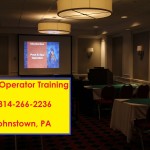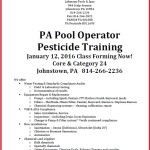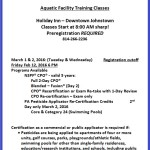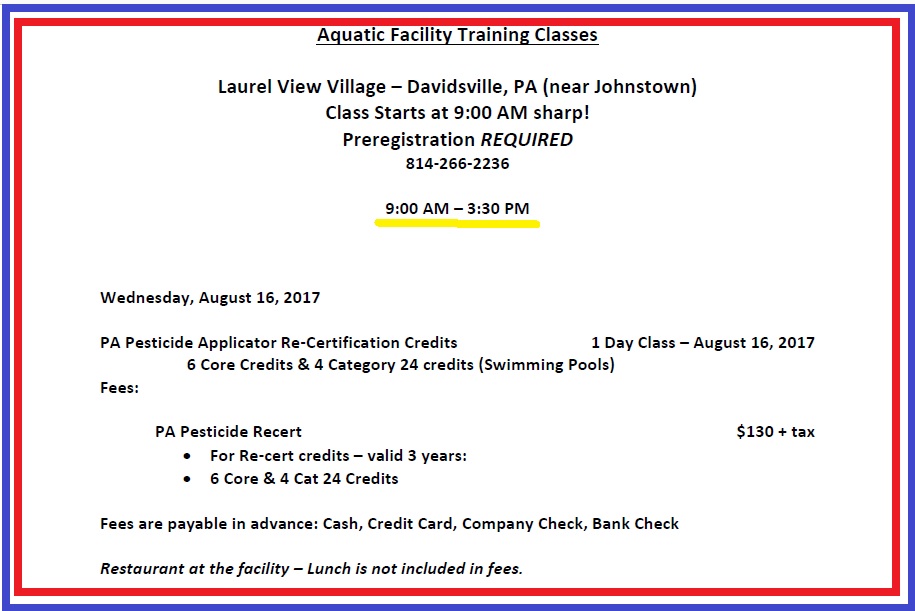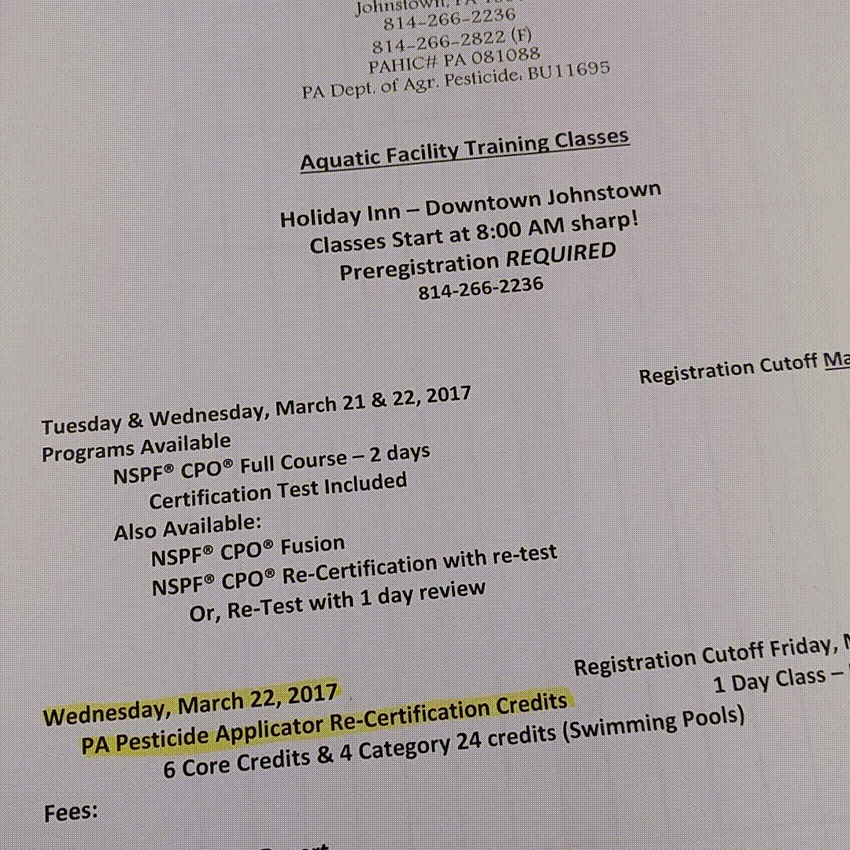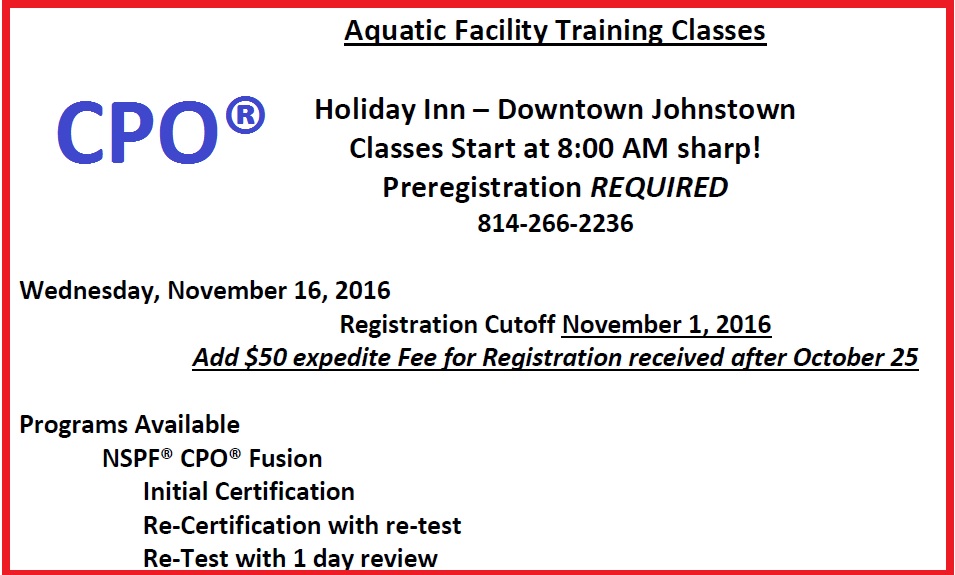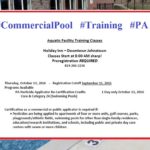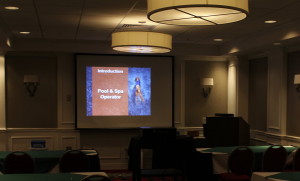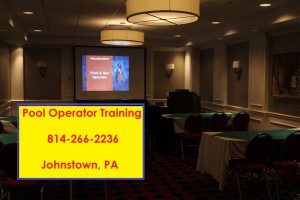Training
Institutional knowledge is information that is contained within the memories of people within an organization. Much is acquired through years of experiential learning; repetition of tasks, sometimes casual observation of others performing the tasks, “rule(s) of thumb” passed on from others. Indeed, many times we seem to value experience over “book learning.” We like our institutional knowledge.
And, there’s significant internal momentum to value institutional knowledge. The possessor of the knowledge likely finds it empowering. They know something others don’t. “If anybody needs to know, they’ll have to come to me.” If you know something that needs to be passed on to a new hire, especially if it’s technical, chances are your boss will ask you to “show the newbie.” Job security! Plus, it gives you bargaining power with your boss.
Oftentimes, your boss likes institutional knowledge, too. Instant delegation! He or she doesn’t have to spend time training the “newb.” They can get credit for a trained employee, but don’t have to do the leg-work.
The problem is, institutional knowledge is – well – a problem. Minor variations in verbal story-telling can profoundly affect the information retained by the new employee. And, the point of training is to affect behavior. What an employee does at the point of action is why we have employees. If they do it right – great! But, what if they do it wrong? “Well, Bob showed me that…” How can your organization have accountability like that?
There are 2 big problems with institutional knowledge:
- It’s often wrong. In many cases it’s little more than hearsay. Without a source document and a prescribed process to transmit information, it is very easy for a tidbit to become miss-stated. A hotel swimming pool volume of 47, 484 gallons will very often get rounded. But, which way did whomever round it? And, by how much? Then, without a reference, somebody takes the rounded number, challenges it and a new number becomes cast into the body of institutional knowledge. So, after 20 years, what’s right?
- There is no continuity. If the possessor leaves, where does the knowledge go? “I heard Jane say that we should push this button once a week.” For what purpose? Why? The tale gets told in a hodgepodge fashion. Some stuff may be retained. But much may be lost to posterity.
The only way to fight misinformation and to preserve continuity is with formal written documentation and training. One of the many services provided by Lehmann Pools & Spas is facility operator training. As instructors, our goal is to help you properly manage your facility, not just keep the Chlorine and pH adjusted. We can teach you how to develop a Risk Management System for your public aquatic facility.
We are big proponents of the National Swimming Pool Foundation’s (NSPF®) Certified Pool Operator (CPO®) program. We believe the CPO® program is more thorough and comprehensive educational than many other training curricula. Taught correctly, it is better at providing in-depth instruction. It is certainly beyond many programs in the marketplace who only seem concerned with meeting the regulatory requirements of pool operators – for instance those concerned with being certified pesticide applicators.
A well-taught program such as the NSPF® CPO® course well-equips the facility operator to effectively manage their facility. An added benefit of the CPO® program is the knowledge that the National Swimming Pool Foundation provides a comprehensive list of resources to effectively manage aquatic facilities. As NSPF® instructors, we can assist your facility in leveraging those programs to ensure your people have the quality training they need.
Not only will you be using authoritative sources for your training – real knowledge backed by science – but you’ll learn ways to document your information for future use and continuity. By understanding the importance of written, reviewed sources you’ll be fighting the 2 prevalent problems with institutional knowledge – correctness and continuity.
Join the Fight!
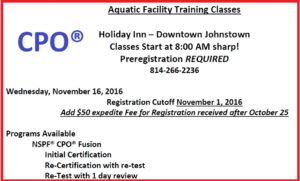
Hotel – Motel – School – Water Park – Rec Center – YMCA – YWCA – Maryland – West Virginia – Pennsylvania
Lehmann Pools & Spas – Johnstown – Offering Pool Operator Training in November
Class Location – Holiday Inn – Downtown Johnstown – 8 AM
Call 814-266-2236 to register.
Training Class Available – PA Pesticide Recertification – October 13, 2016
Holiday Inn – Downtown Johnstown – 8 AM-Sharp!
250 Market St., 15901
814-266-2236 to register.
https://www.paplants.pa.gov/PesticideApplicator/MeetingSearch.aspx
Enter “Cambria County”
PA Pesticide – PA Pesticide – PA Pesticide – PA Pesticide – PA Pesticide – PA Pesticide – PA Pesticide
“Stronger regulation will improve safety.” “This law will keep kids safe.” “Hiring more inspectors will improve safety.”
A recent press release from the CDC proves that safety seems to be just a buzzword in the Aquatics industry. http://www.cdc.gov/media/releases/2016/p0519-public-pools.html. In 5 of the most heavily regulated and frequently inspected states, 80% of facilities had at least one violation. 1 in 8 had “Immediate closure” violations. We know the industry can do far better – not through more regulation, but with the cooperation of operators and facility managers.
Safety comes through a system of multiple processes that work to make sure no single pathway exists that allows problems to go uncorrected. Safety starts with high standards – regulatory codes and industry standards. Those standards must be followed by multiple layers, multiple checks, procedures, inspections and audits so that no single point of failure progresses to the point of violation, or worse – injury or death.
As a facility operator, it is imperative that you use a systems approach to build adequate layers to recognize deviations, catch errors, and mitigate unsafe situations rapidly – as soon as they occur. Your process must be a 360° process involving operations, finance, logistics, and executive and must include every employee level in your facility to ensure proper plan design and buy-in. It is a written plan – editable, of course, but written.
Layers include:
- Operator and management training
- Operating rules
- Checklists
- Maintenance procedures and checks
- Qualification of facility repair personnel
- Facility “re-open” process
- Reporting process
- Recordkeeping
- Facility audits
- Internal
- External
Robust planning and process review will ensure your facility never has a situation that escalates to the point of violation. We recommend taking advantage of programs like those offered by the National Swimming Pool Foundation (NSPF®) to design your facility’s management system. As NSPF® Instructors, Lehmann Pools & Spas can help.
Pennsylvania Pool Operator – Pesticide Certification Training
814-266-2236
Sign up now – class in Johnstown on April 6.
Core and Category 24. Required for Pennsylvania Pool Operators
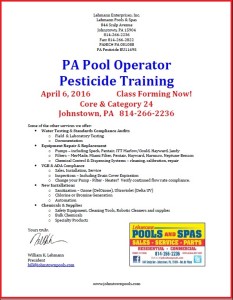
Commercial and Public Swimming Pool Operators in PA:
Someone on your staff must be a licensed pesticide applicator – we have training available!
Learn from the pros! PA Pesticide Applicator Pool Operator Training
Johnstown, PA
Training for PA Pool Operators
Hotel – Hospitality – School District – College – University – Camp _ Campground – Park
Meeting ID : 001CFW
Date : 04/06/2016
Time : 0800-1500
Course Sponsoring Organizations/Business : Lehmann Enterprises, Inc. d/b/a Lehmann Pools & Spas
CourseName : Pool Operator
Website : www.johnstownpools.com
Course Location Name : Holiday Inn – Downtown Johnstown
Course Address : 250 Market St. Johnstown, PA 15901-2996
Category Credit
00 – Core 6
18 – Demonstration and Research 4
24 – Swimming Pools 4
We’ve got your Pennsylvania-required PA Pesticide training in Richland Township, Johnstown, PA. That class is January 12, 2016.
Then, we’ve got National Swimming Pool Foundation CPO® training ALONG WITH PA Pesticide. If you are in #Pennsylvania #Maryland or #WestVirginia, #CheckItOut. We may be your most convenient, most timely class. March 1 & 2 2016 are the dates for the combo class. Call for details – 814-266-2236. www.johnstownpools.com
Reminder – pre-registration is required!
PS – running into a tough project or having difficulty finding parts this time of year? Particularly if you are fighting a tough commercial issue or looking for a rare part, give us a call, we can help. 814-266-2236.
